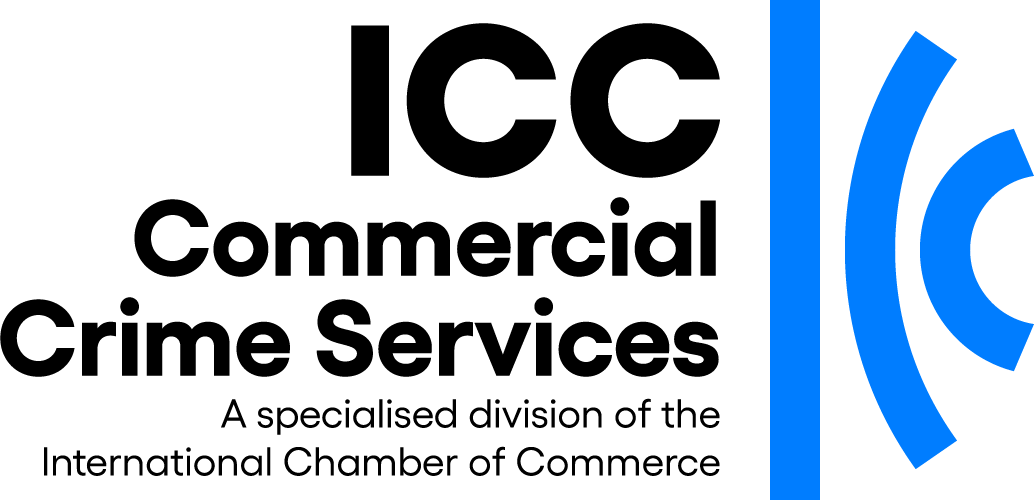

Global financial institutions will continue to face regulatory scrutiny in 2015 when it comes to money laundering, terrorist financing, economic and trade sanctions, bribery and corruption.
 Global financial institutions will continue to face regulatory scrutiny in 2015 when it comes to money laundering, terrorist financing, economic and trade sanctions, bribery and corruption.
Global financial institutions will continue to face regulatory scrutiny in 2015 when it comes to money laundering, terrorist financing, economic and trade sanctions, bribery and corruption.
In its ‘Top Fraud and Corruption Trends for 2015’ report, EY Fraud Investigation & Dispute Services (FIDS) said bribery and corruption remains a challenge to those organisations and their boards as they seek to develop new approaches to mitigate the risks while balancing demands for global growth. It calls for robust controls and monitoring systems to be put in place.
FIDS also noted that regulatory scrutiny will continue to “move beyond the traditional banking sector into non-banks, including insurance providers and gaming enterprises, increasing the need to review and enforce compliance programs and controls.”
Britain is already stepping up the fight against bribery and corruption in the financial sector. A Reuters report says that by April this year, a specialist police unit focussed on those crimes will be set up within the National Crime Agency, Britain’s equivalent to the FBI.
The move is intended to increase the Britain’s defences against white-collar crime in the sector and is part of a wider plan to stamp out fraudulent business practices.
FIDS forecasts that the scrutiny of potential manipulation of financial benchmarks and indices that began with London Interbank Offered Rate, and now includes foreign exchange trading, will continue in 2015.
It added that regulatory pressure on private trading venues is likely to increase as ‘dark pools’ and alternative trading systems have come under scrutiny by the US Securities and Exchange Commission and other regulators. (An article about ‘dark pool’ fraud was published in this month’s Commercial Crime International, available for free to ICC Commercial Crime Services’ members).
FIDS said despite record settlements by top US banks in 2014 related to mortgage-backed securities, financial institutions are expected to remain under intense regulatory scrutiny throughout 2015.
“The Consumer Financial Protection Bureau is expected to continue its focus on mortgage loans, student loans and credit cards, and will broaden to non-bank mortgage servicers and auto lenders whose compliance efforts may lag those of traditional banks.”
The FIDS report also highlighted that a recent survey conducted by them showed that 74% of respondents believed the use of forensic data analytics (FDA) could play a critical role in mitigating corporate bribery.
“FDA will enable legal, compliance and internal audit professionals to be more effective by allowing them to analyse greater volumes of data from disparate sources in a much more timely fashion.”
FIDS further warned of a dramatic rise in cyber security risk across all industries this year. It said the impact of cyber breaches continues to show that organisations and their boards must become more aggressive in developing response plans to such threats.
“A key component for strengthening an organisation’s preparedness will be increased awareness of the variety of threat actors – including “hactivists” and nation states. Regulatory bodies expect companies to provide greater transparency through more robust disclosures and to undertake actions to buttress defences and controls.”
The Financial Investigation Bureau (FIB), a specialised division of ICC Commercial Crime Services, conducts enquiries and investigations into commercial crime on behalf of its members and government agencies including international financial crime and fraud investigations. For more information go to the FIB webpage.






